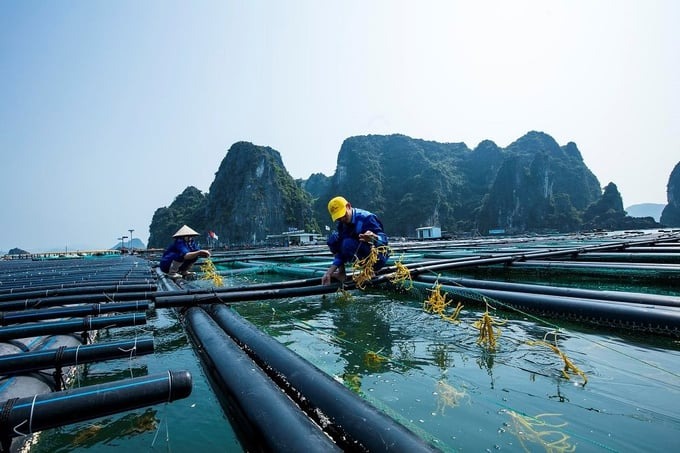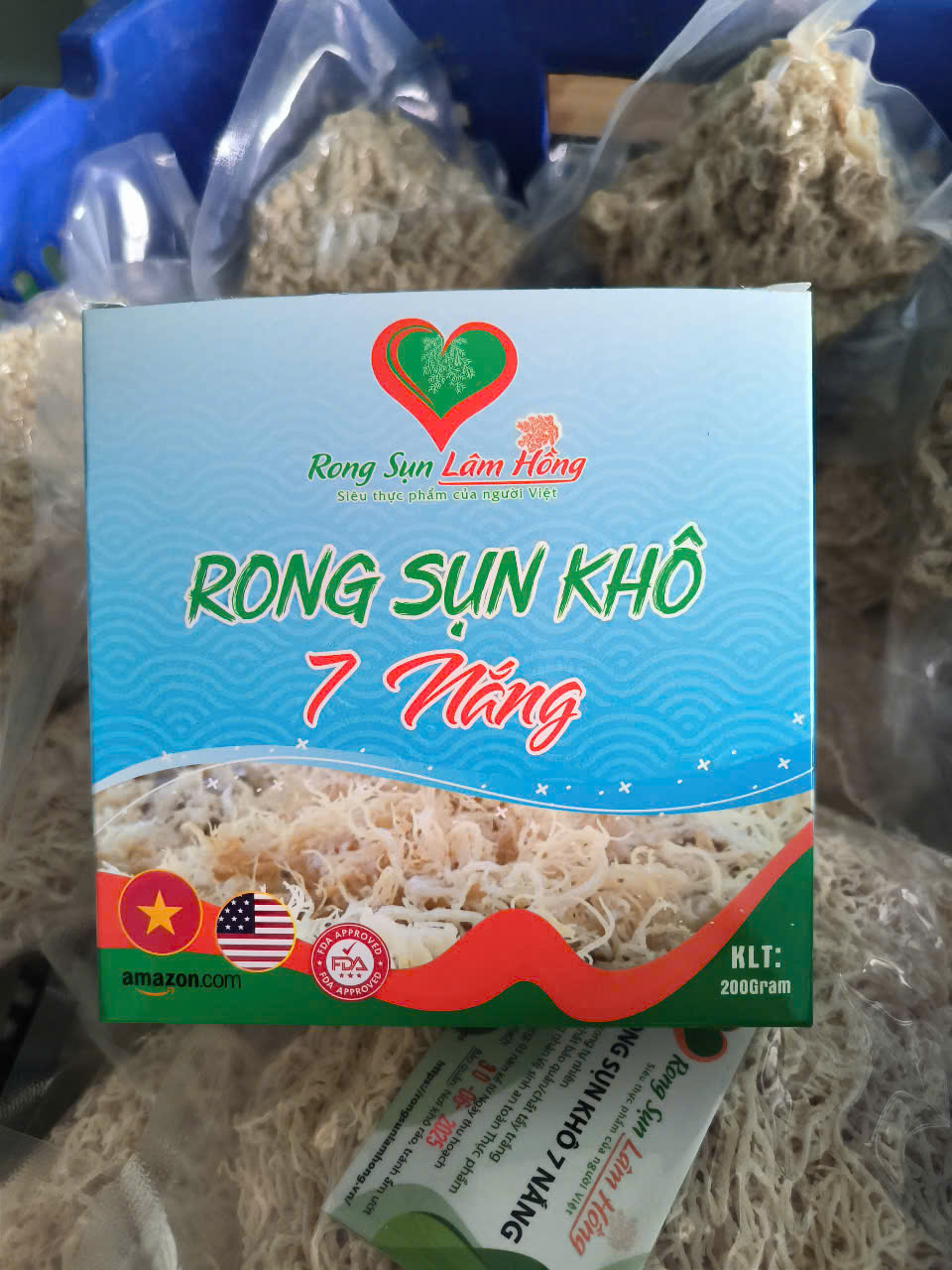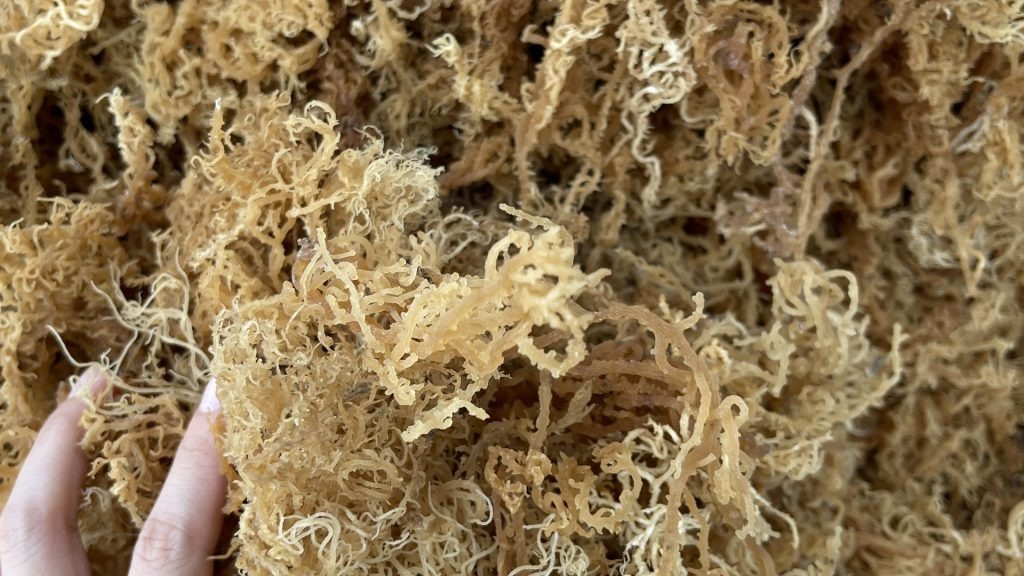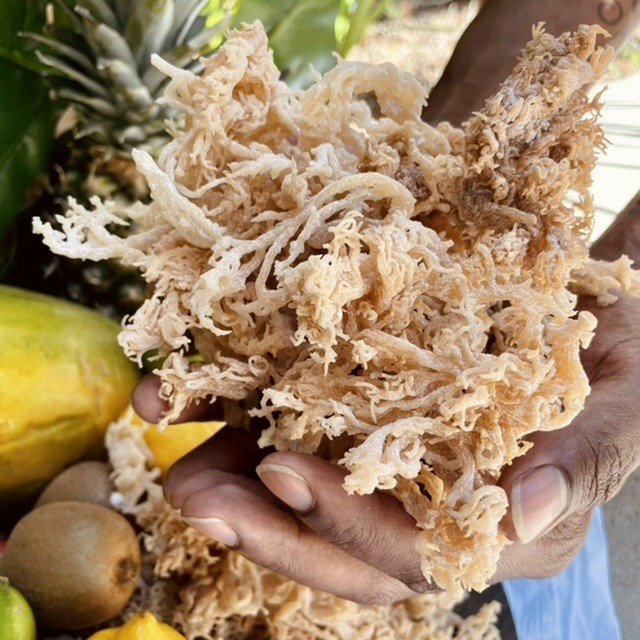A sustainable seaweed farming supplier enables businesses to operate with confidence and focus on their long-term development plans. As today’s marketplace, where transparency, ethics, and environmental responsibility drive consumer choices, clean-label brands face increasing pressure to ensure every ingredient in their supply chain meets strict standards. At the core of this movement lies one essential relationship: the partnership with a sustainable seaweed farming supplier.
Seaweed is a foundational ingredient in various clean-label product categories, from plant-based foods and natural cosmetics to pharmaceuticals and dietary supplements. But not all seaweed is created equal. The true value comes from seaweed farmed using ethical, traceable, and eco-friendly practices.
This article explores the strategic and economic advantages of working with a sustainable seaweed farming supplier, and why it’s a competitive edge for forward-thinking companies.
1. What are the benefits of sustainable seaweed farming?
Identifying and partnering with a sustainable seaweed farming supplier offers numerous advantages for businesses, including enhanced brand image, increased competitiveness, and assurance of a stable, high-quality supply. Moreover, it contributes to both environmental and economic benefits such as reducing carbon emissions, creating sustainable livelihoods for coastal communities, and opening new business opportunities in the green economy. These benefits include:
Brand image and competitive advantage:
By working with sustainable suppliers, businesses can build a positive and reputable brand associated with social and environmental responsibility, attracting consumers who value green and sustainable products.
Ensuring a stable and high-quality supply
Sustainable seaweed farming ensures a consistent and reliable supply of high-quality seaweed, reducing risks associated with reliance on wild harvesting and natural resource depletion.
Reducing carbon emissions and protecting the environment
Seaweed absorbs carbon dioxide, helping to mitigate climate change and ocean acidification while preserving marine biodiversity.
Creating sustainable livelihoods for coastal communities
Seaweed farming generates stable income and improves the livelihoods, contributing to long-term socio-economic development.
Unlocking new business opportunities in the green economy
With increasing demand for seaweed-based and eco-friendly products, sustainable seaweed farming opens up new market opportunities for forward-thinking companies.
Optimizing production costs
Seaweed can be utilized across various industries—including food, pharmaceuticals, cosmetics, and animal feed—offering cost-effective raw materials and enabling product diversification.

A clean, coastal seaweed farm using hand-harvesting techniques with local farmers.
2. The economic value of a long-term sustainable partnership
For clean-label brands using seaweed-based inputs—such as carrageenan, alginate, or sea moss powder—supply chain disruptions can be costly.
Sustainable seaweed suppliers offer:
- Stable pricing and volume thanks to controlled farming cycles
- Reduced risk of contamination from non-organic or unverified sources
- Lower recall and compliance costs from guaranteed certifications
This stability translates into measurable business value:
- Fewer sourcing interruptions - uninterrupted production
- Consistent quality - less product rejection and improved customer satisfaction
- Premium positioning - stronger brand loyalty
The right supplier is not just a vendor - they're a long-term strategic partner.

Sea moss products packaged for the domestic market have certified labels at Lam Hong brand
3. Organic seaweed farming supplier: A Clean-label essential
Organic certification is increasingly non-negotiable in clean-label development. An organic seaweed farming supplier not only ensures chemical-free cultivation but also complies with rigorous international standards:
- No bleach or preservatives used
- Frequent seedling and water quality testing
- Transparent, traceable harvest records
For manufacturers of skincare products, baby food, supplements, or plant-based meat, organic seaweed contributes to clean labels and peace of mind.
Environmentally friendly seaweed farming includes practices such as:
- Uses natural, regenerative farming methods
- Solar drying or localized processing to reduces emissions
- Zero-waste and biodegradable packaging
These steps support sustainability reporting frameworks like B Corp or Carbon Disclosure Project (CDP) and resonate with values-driven consumers..

The sea moss is completely dry.
In conclusion, seeking out and collaborating with sustainable seaweed farming suppliers is a smart strategic move that delivers comprehensive value for businesses, communities, and the environment alike.
4. What sets a sustainable seaweed farming supplier apart?
While many suppliers claim sustainability, a reliable sustainable seaweed farming supplier demonstrate it through:
- Community involvement: Engaging local farmers and creating jobs
- Third-party certifications: ISO, HACCP, Organic, Fair Trade
- Batch-level traceability: From ocean to final shipment
- Transparency pricing and logistics
These factors ensure both ethical sourcing and long-term supply reliability.
In addition to core criteria and legal requirements that establish the credibility of a sustainable seaweed farming supplier, businesses should also rely on their own assessments and impressions when selecting a long-term strategic partner.

A reputable sea moss supplier should have full third-party certification.
5. The strategic case for sustainable sourcing
Clean-label brands that embrace sustainable sourcing aren’t just following a trend—they’re investing in long-term resilience and consumer trust.
A reliable sustainable seaweed farming supplier helps you:
- Ensures a steady supply of high-integrity ingredients supply
- Reduces sourcing and operational risks
- Aligns with the growing market demand for clean-label, traceable, and eco-friendly products.
In a marketplace where reputation can make or break a brand, sustainable seaweed sourcing is not just the ethical choice, it's the strategic one.
If you are seeking a Vietnam-based sustainable seaweed farming supplier that meets the above criteria, we encourage you to consider Lam Hong seaweed.
While we may not be the largest supplier in Vietnam, we take pride in:
- Delivering consistent, certified quality
- Adopting environmentally conscious farming methods
- Building mutually beneficial partnerships with every client
Let’s have a conversation to explore how a sustainable seaweed farming supplier can support your clean-label goals. Contact us today to discover what makes Lam Hong a trusted name in Vietnam’s seaweed industry.






